UNDERSTANDING ALCOHOL
Alcohol is legal and drinking recreationally is very common no matter where you go. It is widely celebrated, and the activity itself is ingrained deeply into many cultures all over the world. Drinking in moderation can lower anxiety and reduce inhibitions. However, take it a bit too far, and it can cause a broad range of side effects—most of which people are already familiar with including slowed or slurred speech, high blood pressure, changes in the mood behavior even liver disease. Even if a person doesnʼt drink, they are exposed to the effects of alcohol abuse, because it is so often portrayed in the media. Most people are familiar with the feeling of inebriation and dizziness. Alcohol addiction can be difficult to spot, especially through the haze of denial. The first step of recovery is admitting you have a problem.
BEER ADDICTION AND ABUSE
Beer is an alcoholic drink that is typically made from water, barley, hops, and yeast. However, when compared to wine or hard liquor, beer usually has the lowest alcohol content by volume (ABV). The ABV for beer usually ranges from about 2 to 12 percent, especially with the most commonly consumed beers. For most people, it takes 3 to 5 beers to be over the legal driving limit. Beer is commonly present in drinking games, particularly on college campuses and during happy hours for professionals. These are also very popular during major sporting events.
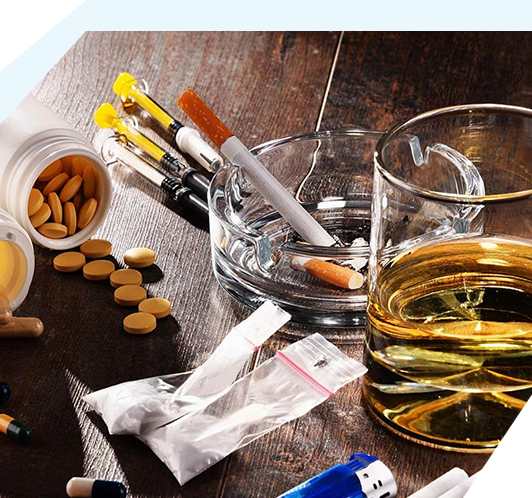
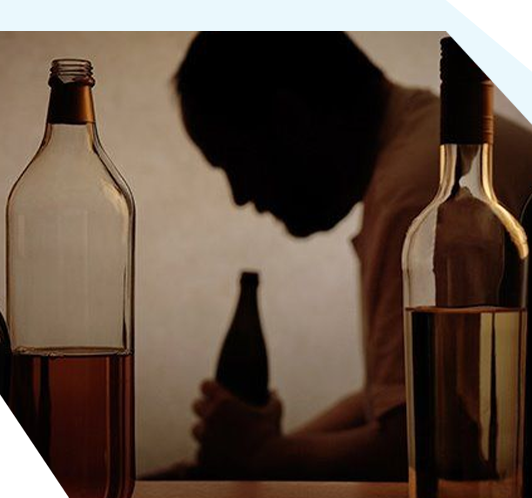
WINE ADDICTION AND ABUSE
Wine is made from fermented grapes or other fruits, including berries or pomegranates. Commonly sold as white or red, it is available in a variety of flavor profiles. There are many different types. White wines include chardonnay, pinot grigio, and moscato. Meanwhile, red wines include merlot, cabernet, and pinot noir. The varieties are based on the type of grape used. cabernet, and pinot noir. The varieties are based on the type of grape used. Wine has a more concentrated amount of alcohol compared to beer. An average pour of wine, which is 5 oz., is equivalent in alcohol content to 12 oz. of beer. It is often consumed at dinner parties, and is often considered a “classy” drink. This status makes it a bit harder to spot when someone has a wine-related problem.
LIQUOR ADDICTION AND ABUSE
Liquor is an umbrella term for hard alcoholic drinks or spirits. This includes vodka, gin, tequila, rum, and whiskey. This means that liquor has a much higher ABV compared to beer and wine. It is often mixed with sodas, juices, or water. The average size of a liquor pour is 1.5 oz. When not mixed into drinks, liquor is consumed as a shot. Drinking liquor mixed with soda can actually cause quicker intoxication because carbonation speeds up the absorption of alcohol into the bloodstream. The lower liquid content of shots actually makes it easier to consume. However, this leads to a higher risk of abuse and subsequent drunkenness. Alcohol withdrawal may seem overwhelming but seeking the right medical help is necessary to get sober.
ALCOHOL AND OTHER DRUGS
ALCOHOL AND OTHER DRUGS
Alcohol and drugs are often taken together, especially in todayʼs culture. But this activity is particularly dangerous because alcohol does not mix well with other drugs. This means the risk of an overdose is very high, and can even be life-threatening. Though alcohol on its own can be dangerous, mixing it with other drugs such as painkillers and benzodiazepines can quickly prove to be fatal.
UNDERSTANDING BINGER DRINKING
Binge drinking is surprisingly becoming more common nowadays. Binge drinkers are a subset of problem drinkers who actually take excessive amounts of alcohol within a very short period of time. Men who consume five or more alcoholic drinks, as well as women who consume four or more drinks, over a two hour period are considered binge drinkers.
HIGH-FUNCTIONING ALCOHOLICS
A high-functioning alcoholic may believe that they are not addicted to alcohol, simply because they can remain productive despite their condition. High-functioning alcoholism is a specific class of alcoholism in which a person is capable of keeping their alcoholism from interfering with their professional and personal lives. It is estimated that half of all alcoholics are high-functioning alcoholics. Lawyers, doctors, professors, and other professionals make up a large portion of these individuals.
IMMEDIATE EFFECTS OF ALCOHOL
Alcoholic drinks are substances that work as depressants for the central nervous system. They can slow down mental and bodily processes, relaxing the body and reducing anxiety. With the first drink of alcohol, one can experience a sudden decrease in anxiety or stress. Drinkers are more likely to feel confident when meeting new people, because they become less concerned with how they are perceived by others. Casual use and abuse are hard to tell apart, but in general, any usage of alcohol that leads to negative consequences is considered the latter.Some of the effects of alcohol abuse are immediate and severe. They can cause physical harm or illness, they can cause financial difficulties, and their relationships can be strained. A person who is addicted to alcohol may lose sight of their priorities or goals. They can forget about their responsibilities, leading to problems at work, or in school, etc.
STATISTICS OF ALCOHOL ABUSE AND ADDICTION
Adults who first used alcohol before the age of 15 are 7 times more likely to become an alcoholic in the future compared to those who first used alcohol at the age of 21. Alcohol abuse causes over 40 percent of all drug-related emergency room visits of people under the age of 20. The problem with alcoholism is so severe that over 2 million people found treatment for their alcoholism back in 2011—and most people still donʼt have access to proper treatment.
ADDICTION TO ALCOHOL
Alcohol addiction, also known as alcoholism, is characterized by compulsive alcohol-seeking behavior. It is marked by craving for alcohol and the inability to stop drinking even when it causes extreme personal or social harm. Alcoholics are prone to drinking more than they intended. They may also display a desire to stop drinking, but will be unable to. They will develop a tolerance for alcohol, meaning that they will need to drink more to get the same experience. Alcohol dependence means that the body has adapted to the presence of the substance. It will therefore react negatively and go into withdrawal if the person suddenly stops.
LEVELS OF ALCOHOL ABUSE AS DEFINED BY THE CENTERS FOR DISEASE CONTROL
This is how the Centers for Disease Control or CDC defines the levels of alcohol abuse: Binge drinking occurs when one consumes enough alcohol in one sitting to bring the blood alcohol concentration to 0.08 percent or more, which is considered to be legally impaired. On average, this results from about five drinks for males and about four drinks for females within about two hours Heavy drinking is about 15 drinks per week for men, and about eight drinks per week for women. Alcohol abuse is generally considered to be regular drinking that can result in physical harm or damage to a personʼs relationships or responsibilities. Alcohol abuse does not necessarily mean a dependence on alcohol is present.
PHYSICAL SIGNS OF ALCOHOLISM
Now that the severity of alcoholism and alcohol abuse have been established, it is important to look for the physical signs of alcoholism. Everyone experiences addiction differently. A person who drinks the same amount as somebody else will still suffer from different effects because of different factors such age, gender, health condition, co-occurring disorders, etc. Not to mention the fact that other environmental factors can influence the physical effects of alcohol abuse. A personʼs drinking habits, their drink of choice, their drinking history, and other factors can change the way their body responds.
LOSS OF MEMORY
LOSS OF APETITE
LOSS OF LIBIDO
SOCIAL CONSEQUENCES OF ALCOHOLISM
This is another aspect of alcoholism that impacts a person severely. But the social consequences of alcoholism are not always discussed. Drinking excessively can interfere with the way a person maintains their relationships, both personal and professional. Alcoholics are likely to sever ties with people who are important to them, either accidentally or intentionally.
ALCOHOL TREATMENT AND REHAB
If someone in the family is struggling with this type of addiction, or any kind of addiction, it is important to remind them that they are not alone. They do not need to go through this difficult process on their own. Many people who are dealing with alcohol addiction find it difficult to quit without the support of others. The good news is that there are many alcohol rehab facilities out there with comprehensive treatment programs and skilled professionals who can help in all aspects of addiction.
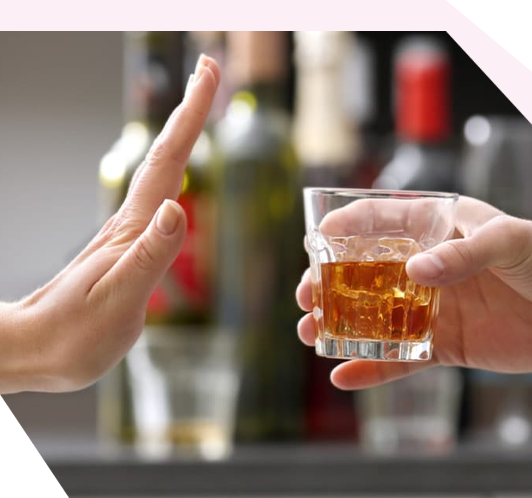
THE FIRST STEP OF RECOVERY FROM ALCOHOL
The first step is recognizing and accepting the fact that th ere is a problem and that it has to be fixed. With the signs and symptoms mentioned above, it should be possible to tell if a person has a drinking problem. Looking for a rehab facility and allowing them to create a treatment plan based on the patientʼs condition is the next step.
ALCOHOL ADDICTION MEDICATIONS
Inpatient programs are designed to keep the person away from their environment—meaning they get to stay away from the usual temptations and stressors. The programs typically last 30 days, but it can last even longer depending on the treatment approach.Because of the focused nature of inpatient treatment, these programs have a high success rate. Residential treatment is recommended for those who have moderate to severe alcohol addiction
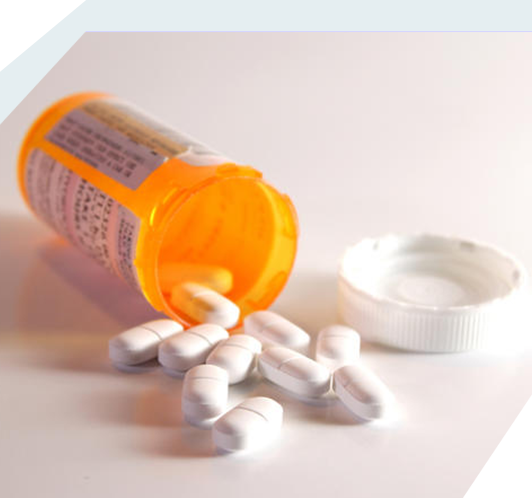
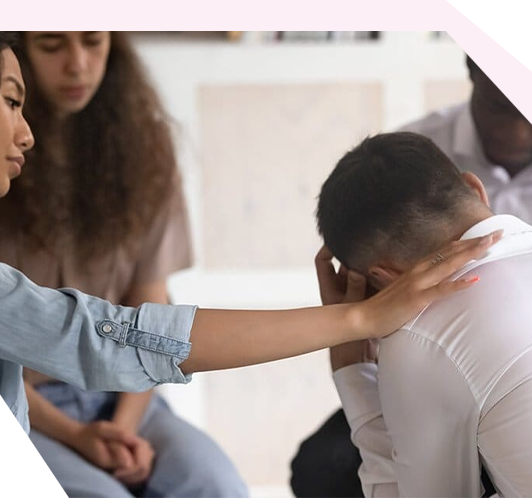
ONGOING RECOVERY FROM ALCOHOL
Inpatient programs are designed to keep the person away from their environment—meaning they get to stay away from the usual temptations and stressors. The programs typically last 30 days, but it can last even longer depending on the treatment approach. Because of the focused nature of inpatient treatment, these programs have a high success rate. Residential treatment is recommended for those who have moderate to severe alcohol addiction.

